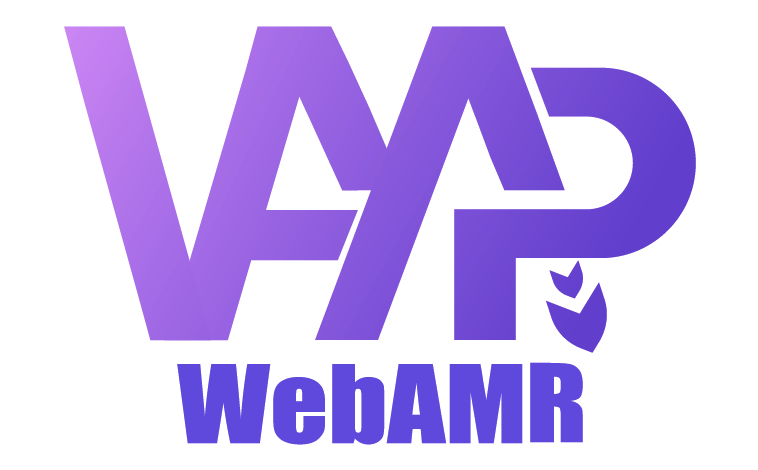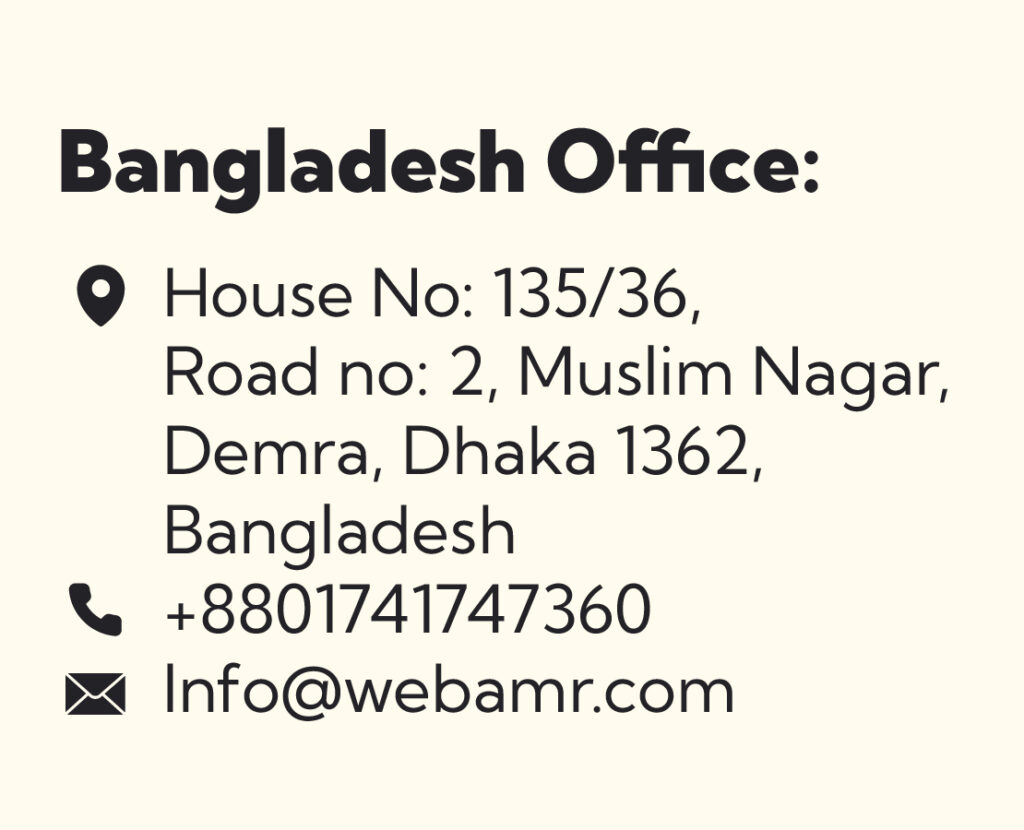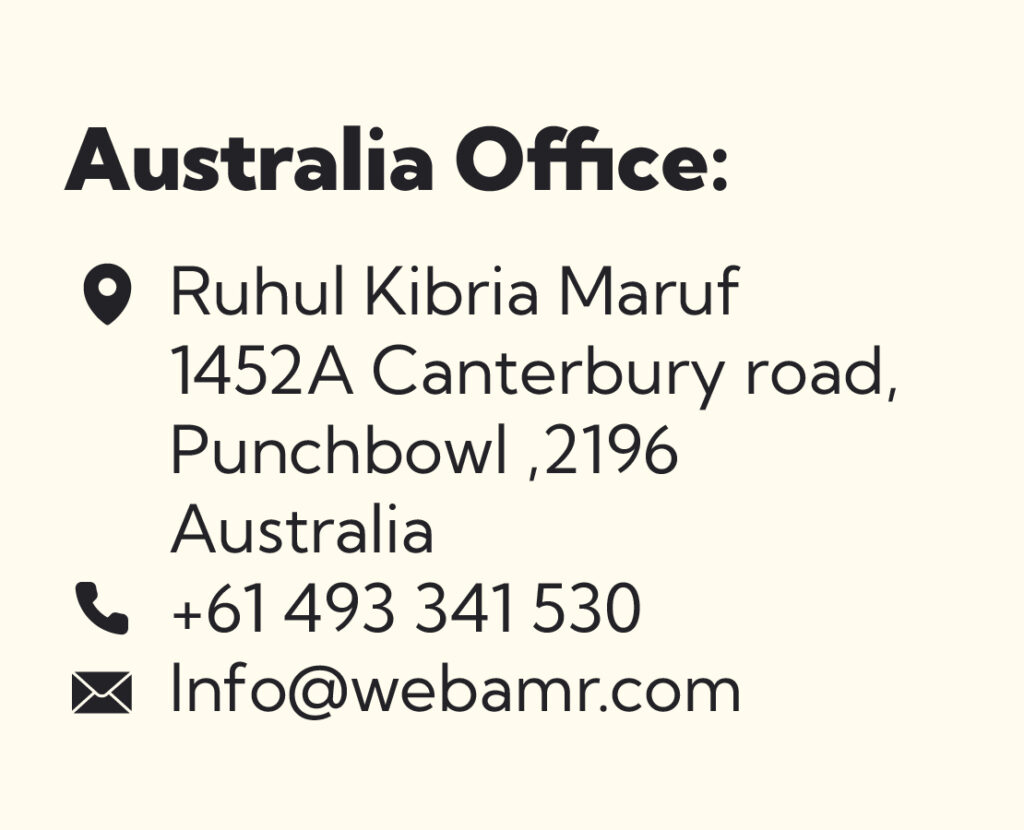Link building, a crucial aspect of SEO, involves obtaining hyperlinks from other websites to your own for backlink analytics, organic traffic, indexed pages, and major search engines. These links serve as signals that help search engines assess the relevance and authority of your website’s indexed pages. By effectively building keyword links on different websites, you can significantly enhance your website’s visibility, organic rankings, and search traffic. This process requires strategic placement of internal links within your site’s content and outreach to other site owners for guest posting opportunities or broken link replacements on different websites. With Google placing high importance on quality backlinks, understanding the nuances of link building, including the use of dofollow links and the benefits of guest blogging, is essential for any website owner or SEO practitioner.
Understanding Link Building Fundamentals
Importance of Quality and Relevance
It’s essential to understand that it’s based on the concept of “votes” or endorsements from other websites and guest posts. These votes indicate the credibility and authority of a website in the eyes of search engines like Google. The quality and relevance of keyword links are crucial for SEO success. For example, if a reputable publication in the tech industry links back to your technology blog, it tells search engines that your content is valuable within that specific niche.
Furthermore, when several high-quality websites link back to a particular page on your site, this sends a strong signal about the importance and trustworthiness of your content. As an analogy, think of each quality link as a vote for your web page – building links from respected sources (referring domains) increases the credibility of your content.
Links as Pathways Across the Web
In addition to their endorsement function, links also act as pathways that connect different web pages across the internet. When another website includes a hyperlink pointing towards one of your pages (a backlink), they are essentially creating a pathway for their visitors to explore related or additional information on your site. This not only drives traffic but also signals value and relevance to search engines like Google through link building techniques in blogs and articles.
Moreover, internal linking within your own website creates pathways between different pages within your domain./// This helps users navigate through various sections easily while allowing search engine crawlers, like google, to understand how different pages relate to each other.
Importance and Benefits of Link Building
Enhancing Website Credibility
Link building, including guest post and email, is crucial for improving your website’s credibility and authority. When other reputable sites and Google link to your article, it signals to search engines that your content is valuable and trustworthy. As a result, this can positively impact your site’s ranking in search results on Google. For example, if a popular cooking blog links to your recipe website as a source for delicious recipes, it tells search engines like Google that your content is reliable.
This process essentially acts as a vote of confidence from other websites, indicating that they vouch for the quality of your content./// Consequently, the more credible backlinks you have pointing to your site, the better chances you have at achieving higher rankings on search engine results pages (SERPs).
Quality backlinks, like recommendations from experts in various fields, enhance visibility and trustworthiness.
Driving Referral Traffic
When link building, you’re not just attracting favorable attention from search engines like Google; you’re also increasing exposure to potential visitors through referral traffic. Suppose an influential fashion blogger includes a link to your online clothing store in one of their articles about summer trends. This can drive interested readers directly to your website when they click on the embedded link.
In essence, each backlink serves as a pathway leading people from other websites straight to yours./// The more pathways there are – especially those originating from high-traffic sources like Google – the greater the influx of visitors who could potentially become customers or loyal followers.
By increasing referral traffic through strategic link building, you expand opportunities for new audiences and potential customers to discover what makes your website special.
Improving Organic Search Rankings
Another significant benefit of link building lies in its ability to improve organic search rankings on Google. In simple terms: when reputable websites with high domain authority link back to yours, it sends positive signals about the value and relevance of your content.
For example:
- A renowned technology news site linking back to an article on cybersecurity tips published on another tech-related blog.
- An educational institution referencing scholarly work by providing links within their research papers.
These instances show how quality backlinks contribute significantly towards boosting organic search rankings because search engines like Google interpret them as endorsements or validations of expertise and reliability.
How Link Building Works and Effective Techniques
Various Techniques
Link building encompasses a range of building tactics such as guest blogging, broken link building, influencer outreach, and article use. Guest blogging involves writing content for other websites in exchange for a backlink to your site. Broken link building entails finding broken links on other websites and suggesting your own content as a replacement article. Influencer outreach focuses on collaborating with influential figures within your industry to secure backlinks /// from the article.
These link building techniques are essential for improving a website’s search engine ranking by increasing its authority through the number of quality backlinks it receives from reputable sources. For instance, if an authoritative website in the same niche as yours includes a hyperlink to your content, this signals to search engines that your website is also credible.
Natural Link Acquisition
Natural link acquisition through valuable content is more effective than artificial methods. Creating high-quality, informative, and engaging content that naturally attracts links can significantly enhance a website’s visibility and reputation. For example, publishing comprehensive guides or conducting original research in your field can attract organic backlinks from various sources without resorting to manipulative practices.
By focusing on producing valuable content that genuinely benefits users and addresses their needs or interests, websites can organically earn relevant backlinks from authoritative domains over time.
Building Relationships
Building relationships with relevant websites is crucial since it can lead to valuable link opportunities. By establishing connections with other webmasters or site owners within the same industry or niche, you may be able to collaborate on mutual projects that involve linking each other’s sites.
For instance, partnering with complementary businesses for co-marketing campaigns or sharing each other’s resources can result in natural link placements across both platforms. This not only helps in acquiring quality backlinks but also fosters partnerships that could lead to further opportunities beyond just linking efforts.
Strategies for Building Quality Backlinks
Creating High-Quality, Shareable Content
One of the most effective strategies is to focus on creating quality backlinks through high-quality, shareable content. By producing valuable and engaging content, you can naturally attract backlinks from other websites. For example, if you create an in-depth guide or a unique infographic that offers valuable insights, other websites may link to your content as a reference for their own audience.
Another way to encourage the creation of quality backlinks is by writing guest posts for authoritative blogs and websites within your industry. This allows you to showcase your expertise while also including links back to your own website. When these guest posts are published on reputable sites with high domain authority (DR), they can significantly boost the credibility and visibility of your website.
Utilizing social media platforms is another effective strategy for promoting your content and attracting quality backlinks. By sharing your articles, infographics, or videos across various social media channels, you increase the likelihood of attracting attention from other users who may find value in linking to your content from their own websites or blogs.
The Role of Anchor Text in Link Building Success
Importance of Anchor Text
Anchor text, or the clickable text within a hyperlink, plays a crucial role in link building. It provides context about the linked page and influences search engine rankings. By optimizing anchor text with relevant keywords, websites can improve their visibility and authority.
When other websites use specific keywords as anchor text to link back to your site, it signals to search engines that your content is relevant to those keywords. This can positively impact your website’s ranking for those particular terms. For example, if multiple sites link to yours using the anchor text “best running shoes,” it tells search engines that your site is a valuable resource for that topic.
Diverse variations of anchor text are also essential for maintaining a natural link profile. Instead of solely using exact-match keywords as anchor text, incorporating variations like branded terms or generic phrases helps create a more organic linking pattern. This diverse approach indicates to search engines that links are naturally acquired rather than manipulated.
Best Practices for Optimizing Anchor Text
To optimize anchor text effectively, consider utilizing descriptive phrases that accurately represent the linked content while incorporating relevant keywords. For instance, instead of using generic phrases like “click here” or “read more,” incorporate specific terms related to the linked page’s topic.
It’s important to maintain a balance between optimized anchor text and natural language usage within content. Over-optimization with keyword-rich anchor texts may raise red flags with search engines and result in penalties for unnatural linking practices.
When acquiring backlinks from various sources, aim for a mix of different types of anchors such as exact match (using target keywords), partial match (including variations of target keywords), branded (incorporating brand names), and naked URLs (directly using the URL as the anchor). This strategy contributes to creating an authentic and diverse backlink profile which enhances domain authority.
Impact on Domain Authority
The effective utilization of anchor text directly impacts a website’s domain authority by influencing its credibility and relevance within its niche or industry. When reputable websites use specific keyword-rich anchors pointing towards your site’s pages consistently over time, it signifies expertise in that subject matter area which elevates domain authority.
However, it is crucial not only to focus on obtaining high volumes of backlinks but also on securing them from authoritative domains with relevant contextual links containing well-optimized anchor texts.
By emphasizing these best practices when implementing link building
Creating and Leveraging Linkable Assets
Developing Valuable Resources
To boost link building, it’s crucial to create valuable resources like infographics, guides, or research studies. These resources should be so compelling that others would want to link back to them. For example, a comprehensive guide on digital marketing trends can be an excellent linkable asset for a marketing company’s website.
These assets serve as magnets for backlinks from other websites because they offer unique and useful information. When creating these resources, think about what your target audience finds valuable and relevant. This will increase the chances of other websites linking back to your content.
Promoting Linkable Assets Through Outreach Campaigns
After developing these linkable assets, the next step is promoting them through outreach campaigns. You can reach out to relevant websites or blogs in your industry and pitch why your resource would be valuable for their audience. For instance, if you’ve created an insightful infographic about renewable energy sources, you could approach environmental organizations or clean energy companies to share it on their platforms.
By doing this, you’re increasing the visibility of your content while also acquiring high-quality backlinks from authoritative sites within your niche.
Regularly Updating and Improving Assets
It’s not enough to create linkable assets; you need to maintain their relevance over time by regularly updating and improving them. Search engines favor fresh content that provides up-to-date information. Therefore, periodically revisiting your existing resources ensures that they remain current and continue attracting new backlinks.
For instance, if you have a guide about social media marketing strategies that was published two years ago, consider updating it with the latest trends and case studies in the field.
Ethical Considerations and Risks in Link Building
Unethical Practices
It’s crucial to avoid unethical practices like buying links or participating in link schemes. These methods can lead to the accumulation of low-quality or spammy backlinks, which can harm your website’s reputation and rankings. Instead, focus on obtaining external links through genuine means such as creating high-quality content that naturally attracts backlinks.
It’s essential to understand that search engines prioritize websites with a strong foundation of natural, relevant, and authoritative external links. Therefore, engaging in manipulative tactics for acquiring backlinks not only violates ethical standards but also poses a significant risk to your website’s visibility and credibility.
Mitigating Risks
Staying updated with search engine guidelines is vital when considering what is link building. This helps mitigate the risks associated with link building by ensuring compliance with best practices. Regularly reviewing Google’s Webmaster Guidelines provides valuable insights into maintaining a healthy backlink profile while avoiding penalties.
Tools and Tips for Effective Link Acquisition
Utilize Tools
Using tools like Ahrefs, Moz, or SEMrush can be incredibly beneficial. These tools allow you to analyze your backlink profile and identify new link opportunities. By understanding which websites are linking to yours and the quality of those links, you can make informed decisions about where to focus your efforts.
Monitoring competitor backlinks is another valuable strategy for identifying potential sources for your own link building endeavors. By examining the sites that link to your competitors, you may uncover opportunities to acquire similar links for your website. This approach can provide insights into which websites are likely open to linking within your industry or niche.
Build Relationships
Building relationships with influencers and industry experts is a powerful way to gain valuable backlinks. When these individuals or organizations recognize the value of your content, they may naturally link back to it from their own platforms. Forming connections through email outreach or collaborations can lead to mutually beneficial opportunities for acquiring new links.
Impact of Quality Links on Search Engine Rankings
Signaling Trust and Credibility
High-quality backlinks from authoritative websites signal trust and credibility to major search engines. When reputable sites link back to your content, it demonstrates that your website offers valuable information. This kind of endorsement tells search engines like Google that your site is a reliable source of information.
These quality links act as a vote of confidence for your website, indicating that other trustworthy sources acknowledge the value of your content. For example, if a renowned industry publication includes a link to one of your blog posts in their article, it sends a strong signal about the reliability and relevance of your content.
Influence on Organic Rankings
Quality links play a pivotal role in influencing rankings within search results. When search engines assess the authority and relevance of websites, they consider both the quantity and quality of links pointing to those sites. Websites with numerous high-quality backlinks tend to rank higher than those with fewer or low-quality links.
For instance, if you run an online store selling fitness equipment and receive backlinks from respected health and wellness websites as well as fitness influencers’ blogs, this can significantly boost how favorably Google ranks your pages when people conduct searches related to fitness products or exercise gear.
Conclusion on Mastering Link Building for SEO Success
You’ve now unlocked the secrets to mastering link building for SEO success. By understanding the fundamentals, leveraging effective techniques, and prioritizing quality over quantity, you can propel your website to new heights in search engine rankings. Remember, link building is like constructing a sturdy bridge – each high-quality link acts as a strong support beam, connecting your site to others in a way that search engines value. So, go ahead and start implementing these strategies. Keep in mind that patience is key; just like building a strong foundation takes time, so does the process of acquiring valuable backlinks.
Now that you’re equipped with these insights, put them into action and watch your SEO efforts soar! Don’t forget to monitor your progress using the right tools and continuously adapt your approach. Here’s to reaching new heights in the digital landscape!
Frequently Asked Questions
FAQ
What is link building in SEO?
Link building in SEO refers to the process of acquiring hyperlinks from other websites to your own. These links act as signals to search engines, indicating that your content is valuable and trustworthy.
Why is link building important for SEO?
Link building is crucial for SEO because it helps search engines discover new web pages and determine how well a page should rank in their results. Quality backlinks also enhance a website’s authority and credibility.
How does link building work?
Link building involves obtaining inbound links from reputable websites. This can be achieved through various strategies such as creating high-quality content, outreach to relevant sites, and leveraging relationships within your industry.
What are some effective techniques for link building?
Effective techniques for link building include guest blogging, broken link building, creating shareable infographics or videos, participating in industry forums, and utilizing social media platforms for promotion.
Are there any ethical considerations or risks associated with link building, backlink analytics, internal links, and outbound links?
Yes, ethical considerations include avoiding spammy tactics like buying links or engaging in excessive reciprocal linking. Risks may involve penalties from search engines if unethical practices are detected.



